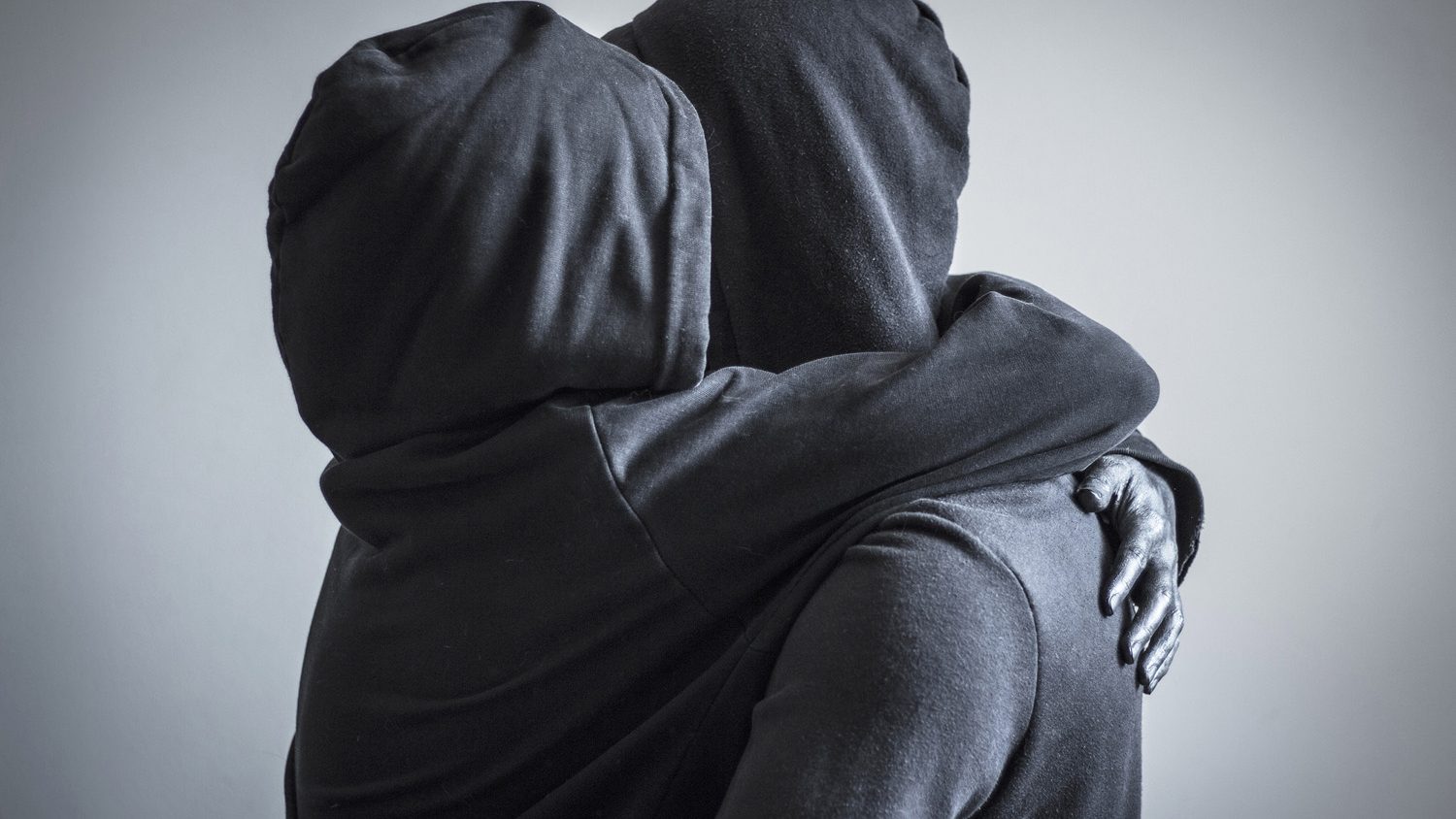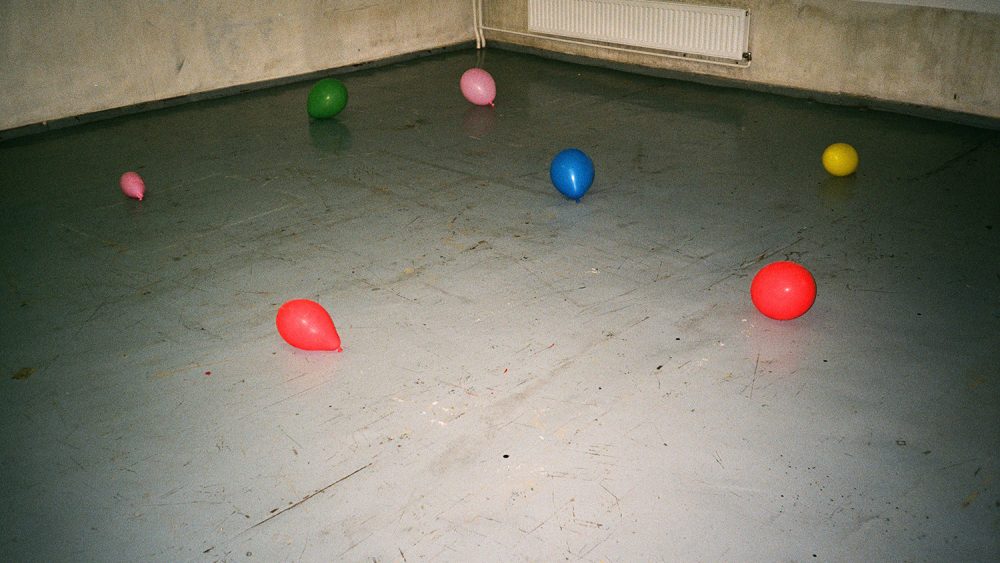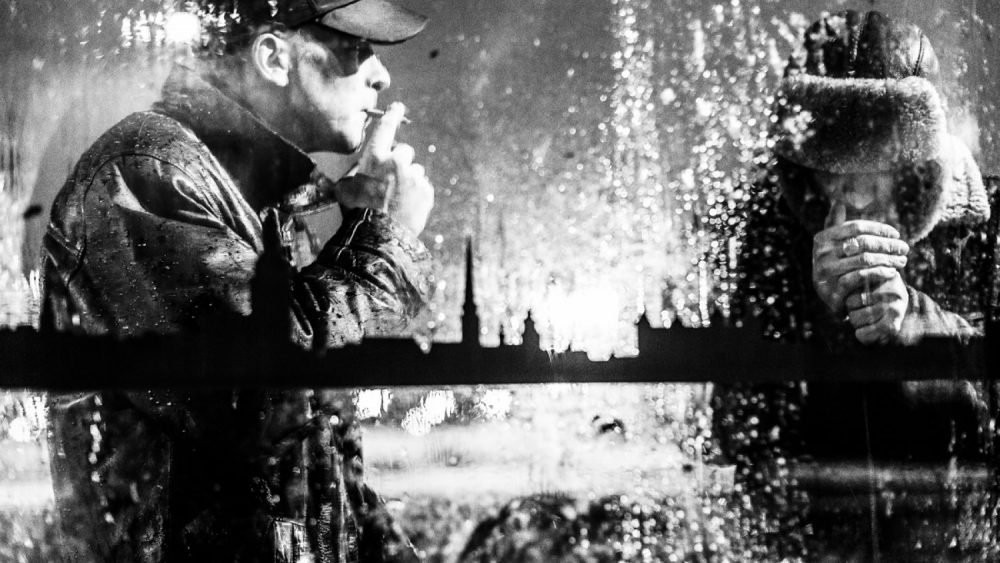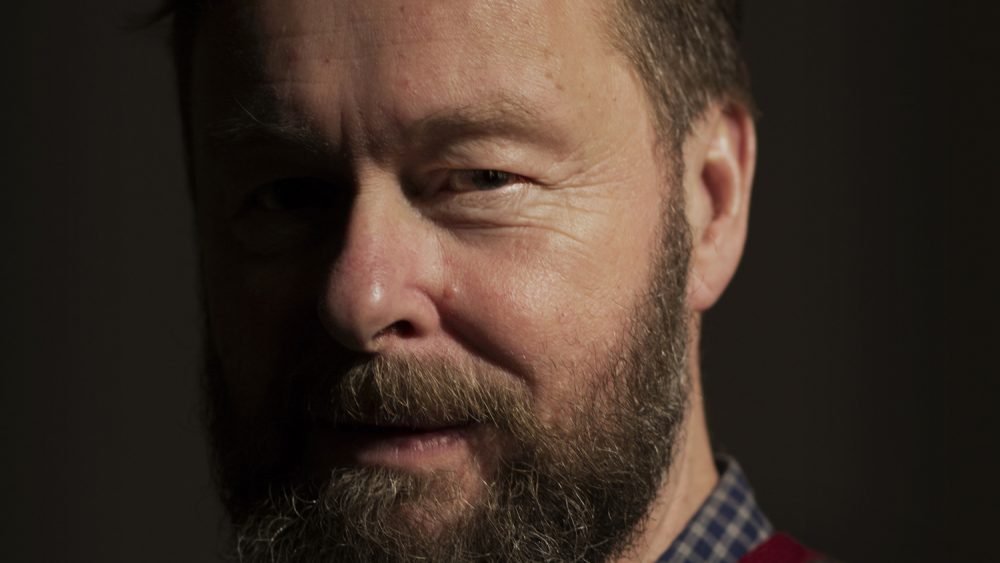10 minutes with Katrīna Ģelze
Katrīna Ģelze has studied at the Riga Art and Design Secondary School and the Art Academy of Latvia. She has worked as a photographer for Arterritory.com and for the Foundation Mākslai Vajag Telpu (Art Needs Space). In 2015 she worked at the exhibition of Latvia Ornamentalism at the Venice Biennale. Currently she is responsible for the fashion brand’s One Wolf social media marketing, where she also works as a photographer. In 2019 she had a debut solo show Piespiedu Prāts (The Coercive Mind) at the rock music bar Nemiers, returning to art and being an artist as her key profession.
Her photograph Love is Love will be exhibited in the poster stand on Stabu Street 72 in the framework of Riga Photomonth exhibition Life After Covid?. Katrīna has also created the publicity images for the Photomonth that starts today.
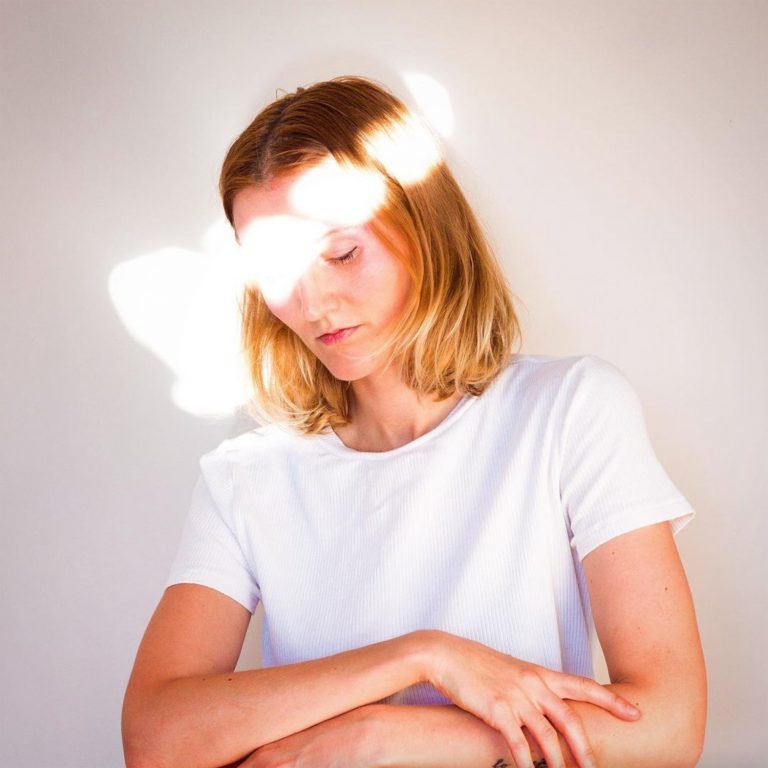
Where did you get inspiration for this work?
I often find inspiration in the history of sculpture or painting. In this case, by referring to Rene Magritte’s work The Lovers, I created work Love is Love, which is an often used expression in the LGBTQ+ community, thus expressing equality of all orientations.
Around 10 years ago one of my best friends discovered that he was homosexual. At that time I could not believe that over the years of our friendship he had been afraid to reveal it to me, for he apparently did not feel safe about my potential reaction, though I considered myself an open-minded person. I wanted to create a work that would address this necessity for hiding one’s identity and my opinion about the human rights to love without any restrictions. Also, I wanted to liberate the viewers from a particular model of relationships, allowing to imagine the potential identities on their own.
In your opinion, should the art in Latvia be more socially or politically engaged?
For art, to my mind, it is most valuable to express what the author is interested in and excited about. If I assume that this kind of art is missing in Latvia, then I have a question why some artists due to some reasons choose not to talk about these issues in their works of art. Or perhaps we as society are too little interested in being socially and politically active, and therefore it is not revealed in art.
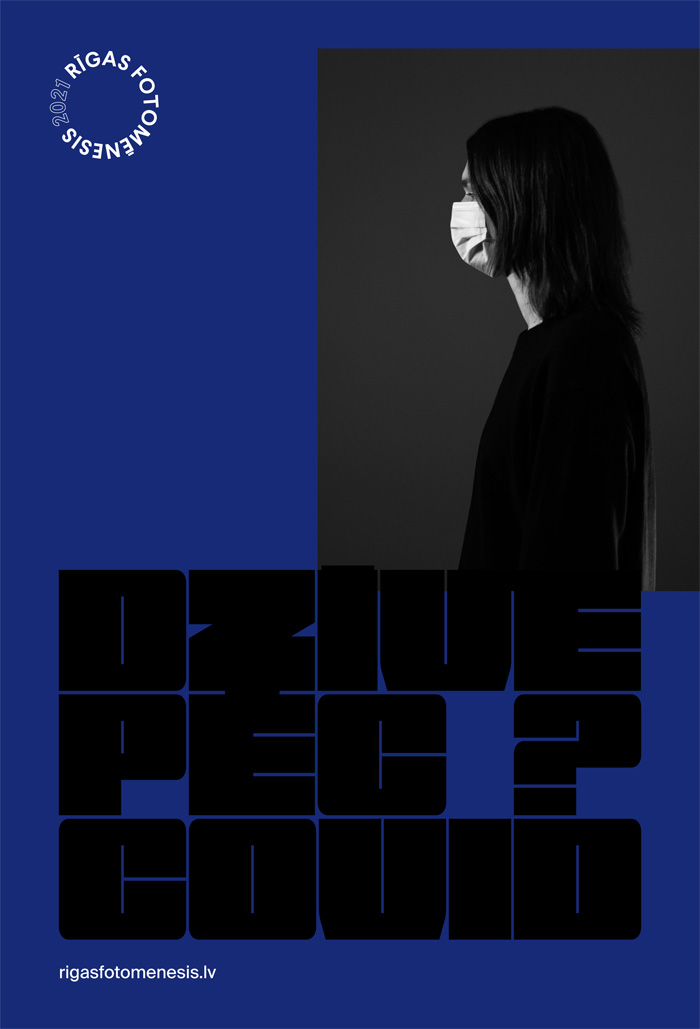
How would you define your interest in photography?
I was lucky to get acquainted with a camera in my childhood. For me, it was always an instrument for socializing and contributing. Often it has been a reason to be in public, where at other times I would not know where to put my hands or how to stand properly. Photography is my favourite language with people next to me.
When looking at the times of Covid, what seems the most worrying aspect to you?
If the word “worrying” can be viewed positively, then I am most interested in what global structures we will destroy in order to build new, better, more suitable ones for humanity. But the most worrying aspect seems the awareness that I am a witness of a global historical event.
What are your nearest creative plans?
The nearest creative plan is to work on a new solo show, however during Covid the final outcome is put on hold at the moment. Meanwhile, my current goal is to use this time for experiments with a variety of media as much as possible, to look for my niche, handwriting and to achieve personal growth.
